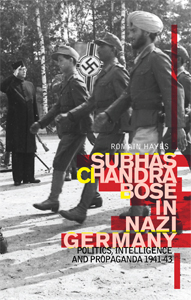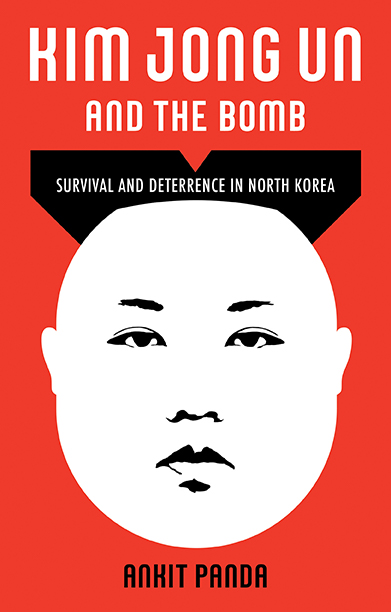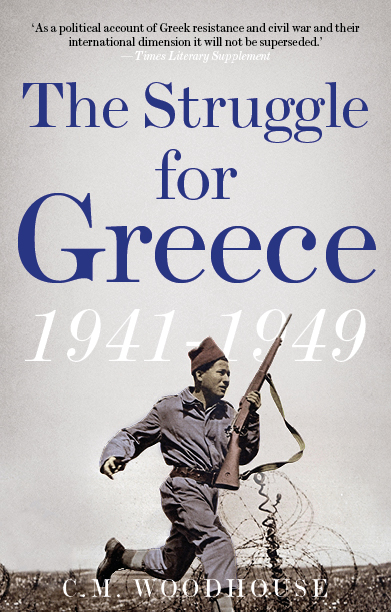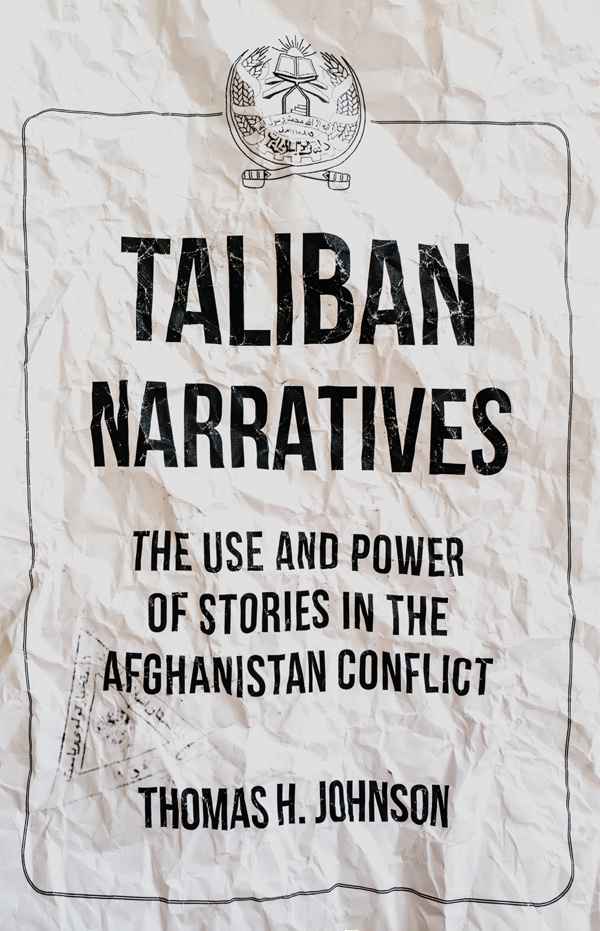Description
On the morning of 3 April 1941, ‘Orlando Mazzotta’, a man posing as an Italian diplomat, walked up the steps of the German Foreign Office in Berlin. The Under-Secretary of State, Dr Ernst Woermann, immediately received him and listened carefully as he spoke of establishing a government-in-exile and launching a military offensive. The government he had in mind was Indian and the target of his offensive was British India.
‘Orlando Mazzotta’ was in fact Subhas Chandra Bose, an Indian leftist radical nationalist and former President of the Indian National Congress who had escaped a few months earlier from Calcutta. Bose is one of India’s national icons, practically on a par with Gandhi, a hero of anti-colonial resistance against the British who established the Indian National Army in order to recruit Indian soldiers to fight the imperial power. His activities in Nazi Germany — particularly taking into account their inevitably highly controversial implications — merit scrupulous, scholarly and detailed study, yet even today almost everything published on the subject has been suffused with hagiography. This book is the first to focus exclusively on Bose’s interactions with Nazi Germany during the Second World War.
Hayes’s objective is to reveal a lesser known aspect of Nazi foreign policy and to challenge and provide an alternative to Gandhi-centric portrayals of the Indian independence movement. His book is augmented by a fascinating selection of hitherto unpublished photographs.
Reviews
‘As the only Indian to lead a military assault against the British empire in the twentieth century, Subhas Chandra Bose is an important figure who interrupts the conventional narrative of India’s nonviolent resistance against colonialism. The fact that Bose fought Britain with German and Japanese help during the Second World War, however, has led to his efforts being glossed over, downplayed or dismissed merely as an example of collaboration with fascism. This book’s great achievement is to demonstrate that Bose’s relations with the Nazis were far more complex than has generally been thought, and in doing so it allows us to see both German diplomacy and Indian nationalism in a new light. Rather than dealing with imperialism as a side issue in the war, Hayes shows us that it was an integral part of this great conflict, so often seen only as a battle between freedom and tyranny.’ — Faisal Devji, Reader in Indian History, St. Antony’s College, University of Oxford
‘Egotistical, autocratic, hubristic, Subhas Chandra Bose was an ambivalent figure but also widely admired; a tragic hero who stood on the wrong side of history. This book is a nuanced elucidation of a complex national leader, one both impressive and infuriating. Hayes effectively evokes the subtleties of Bose’s relations with the Congress Party, a Party he once led, and with the masses of his fellow Indians. And above all the moral ambiguities: neither Nazi nor Quisling, he nevertheless made fatal moral compromises with ascendant totalitarian power. … A highly original, erudite and scholarly work based on intensive new research and new sources, this book represents a lucid contribution to our understanding of both India’s independence movement and its relationship to the great global conflict of nations wherein it struggled to make its voice heard; and to the massive propaganda fight engaged in with frenzy by all the warring parties of World War Two.’ — Nicholas O’Shaughnessy, Professor of Communication, Queen Mary, University of London
‘Romain Hayes’ work, based on massive research, deserves wide readership in India … scrupulously fair and richly nuanced. It covers the background to Bose’s adventure — his outlook on democracy and differences with Gandhi and Jawaharlal Nehru. All of which explain, but do not justify, why he sought and took help from the facists. The author’s emphasis on Bose’s sturdy independence is writ all over the book. He was incapable of being anybody’s stooge; only an opportunistic, albeit fierce, nationalist. That said, the author is unsparing in his censures of Bose’s moral blindness to the crimes of his deliberately chosen allies.’ — Frontline
‘[A] short and fascinating study of Bose in Germany … The thrust of the argument in the book is to dispute an account of Bose as an Indian Quisling and to insist on his credentials as an anti-imperialist nationalist. … Written with a great economy of style … [it throws] the whole story of wartime India into a new perspective to discover how engaged the Nazi leadership became with Bose and India. … This is Hayes’ first book and it is an impressive beginning.’ — Journal of the Royal Asiatic Society
‘A thoughtful narrative of the actions and words of Bose during his war years in Germany. The author has set out a valuable description that follows the evidence very closely’. — Professor Michael H. Fisher, Oberlin College
‘Hayes has put together a lucid exposition of this difficult subject with the available German documentation, interviews with contemporary witnesses, British documents, and Indian sources on Bose…the author has woven the existing material on Bose in a concise and revealing narrative.’ — Jaideep Prabhu, H-War
‘Drawing on freshly released materials from German archives, independent researcher Hayes uses an impressive array of German, Indian, and British sources to reexamine the lesser-known details of Nazi foreign policy as well as India’s anticolonial movement. As there is scarce documentation of Bose’s interactions with fascism, Hayes’s effort should be commended for its scholarship … Highly recommended.’ — Choice
Author(s)
Romain Hayes is a freelance writer.






